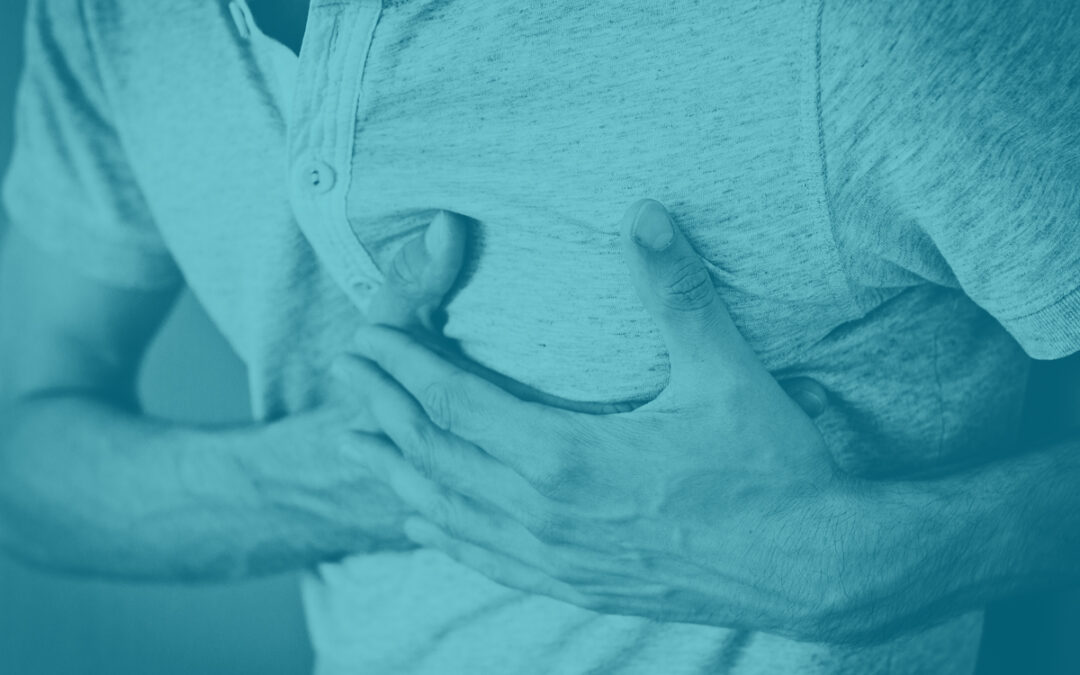Dangers of Quitting Drugs Cold Turkey
Alcohol and drug addiction continue to be a life-threatening issue for millions of Americans, including some who are still in their teens. According to the Substance Abuse and Mental Health Services Administration, 19.7 million Americans over the age of 12 suffered from some form of substance abuse disorder in 2017. Treatment is available, yet every year, millions of people believe the best way to recover is to quit the substance cold turkey. Alcohol, heroin and Xanax withdrawals are quite real, and it is vital for addicts to use the proper resources when trying to quit to increase their chances of a successful recovery.
Symptoms of Withdrawal
Research indicates approximately half of all alcoholics will experience some form of withdrawal when they stop drinking cold turkey. In fact, data from the New England Journal of Medicine shows that anywhere from 3 to 5% of alcoholics will experience severe symptoms, such as delirium and grand mal seizures. Drug and alcohol withdrawals can also lead to the following complications.
- Headache
- Muscle weakness
- Rapid heart rate
- Loss of appetite
- Mood swings
- Fatigue
- Nausea and vomiting
- Diarrhea
- Short-term memory lapses
- Depression
- Anxiety
- Tremors
- Clammy skin
- Restlessness
The severity of one’s symptoms ultimately depends on how dependent the individual was on the substance. Therefore, someone who drinks or uses Xanax on a regular basis will suffer from these symptoms the most. Additionally, withdrawal will be worse if the person mixed different substances together. Going through both alcohol and Xanax withdrawals can complicate the recovery process and increase the intensity.
Depletion of Bodily Resources
Another danger aspect of alcohol withdrawals is the fact that the substance can strip away the body of essential nutrients. The National Institute on Alcohol Abuse and Alcoholism points out the 80% of people who suffer from alcoholism have a deficiency of thiamine, otherwise known as vitamin B1. A deficiency can result in a person developing Wernicke’s encephalopathy, which is a disorder leading to a loss of motor coordination and control over eye movements.
Alcoholism can also lead to an imbalance of electrolytes in the body. Alcohol dehydrates the body, which is why many alcoholics suffer from diarrhea and nausea when they try to quit. The high levels of depression and anxiety that come with withdrawal may lead to a person having thoughts of self-harm or suicide.
Reduction of Risks of Alcohol Withdrawal
90,000 died from excessive alcohol consumption between 2006 and 2010, according to the journal Alcohol and Alcoholism. The risk of overdose should be avoided, but when people try to quit on their own, there is a far greater likelihood of relapse. To increase one’s potential of a successful recovery, it must be done in a stable environment with a professional’s help.
When individuals go to medical detox programs, they are checked into a facility where they can safely allow the toxins of alcohol to leave their bodies. In this program, alcohol must be tapered off slowly to prevent the body from going into shock. Many programs prescribe medications, such as benzodiazepine, to replace the effects of alcohol in the system. There are other pharmaceutical tools that can be used to manage the symptoms of withdrawal, including nonsteroidal pain medication, mood stabilizers and sleep aids. Fluids may also be required to prevent an individual from experiencing dehydration.
A Safe Environment
Deciding to quit drugs or alcohol is a great step. However, quitting cold turkey is likely to only create more frustration, which could send the person directly back to substance abuse. For a greater chance of success, addicts should check into Clean Recovery Centers. We have programs available to help you with symptoms of drug and alcohol withdrawal. Contact us by phone or by email to learn more.
Sources:
Recent Posts


